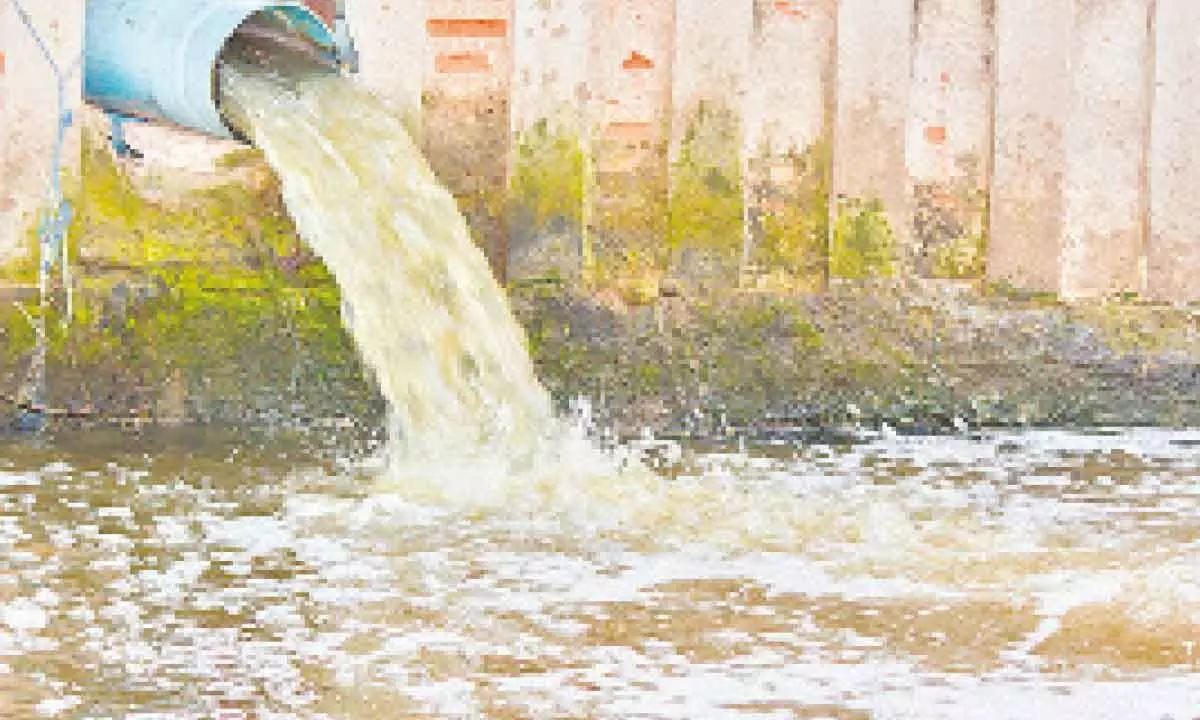Wastewater provides for ideal breeding ground for antibiotic resistance

New Delhi: The unique characteristics of wastewater, which allow resistance genes to grow against harmless bacteria to those that cause disease, provide a potent breeding ground for antibiotic resistance to evolve, according to a new study.
Researchers at the Centre for Antibiotic Resistance Research (CARe) in Gothenburg, Sweden, presented evidence for where the genes could gain their ability to move in a study published in the journal Communications Biology.
It is not enough for antibiotics alone to drive the process, they acknowledged. For the movement of resistant genes, the species carrying the resistance genes in their chromosomes need to be present, along with the specific DNA sequences providing for their movement.
The researchers analysed DNA from thousands of samples across different environments and found that all these key components came together not in the gut of humans or animals, but in wastewaters.
"In order to fight antibiotic resistance we cannot focus only on preventing the spread of those types of resistant bacteria that are already in circulation, we also need to prevent or delay the emergence of new ones'', said Fanny Berglund, researcher at the Sahlgrenska academy at University of Gotheburg, and the lead author of the study.
Previous studies published by the same research team showed that the environment harboured a huge variety of different resistance genes, many more than the resistance genes seen today in bacteria causing disease, making it a vast source for these genes to jump between species, gaining more resistance.
The authors said that favouring this by polluting the environment with antibiotics is not a good idea. "There is a lot of focus on reducing antibiotic use in humans and animals. This
is of course important, but our study show that we also need to pay attention to our waste streams, as this seems to be a place where new variants of antibiotic resistance could emerge", concludes Fanny Berglund.















